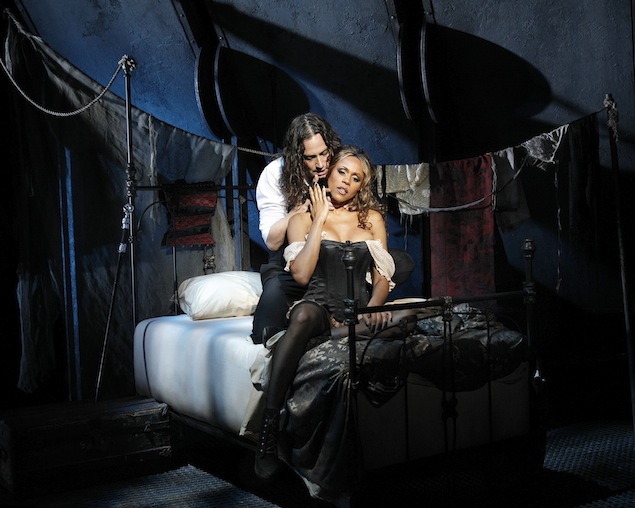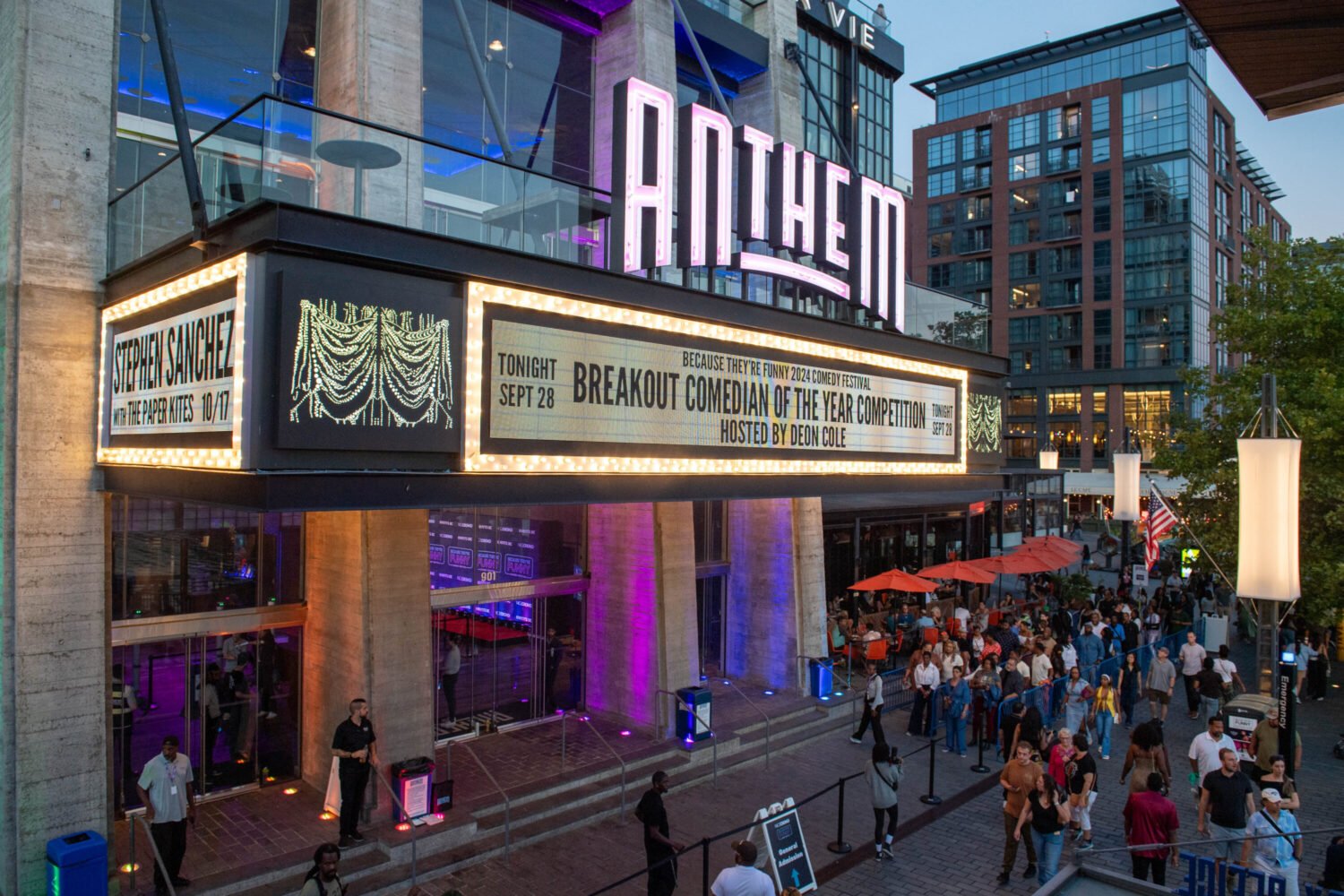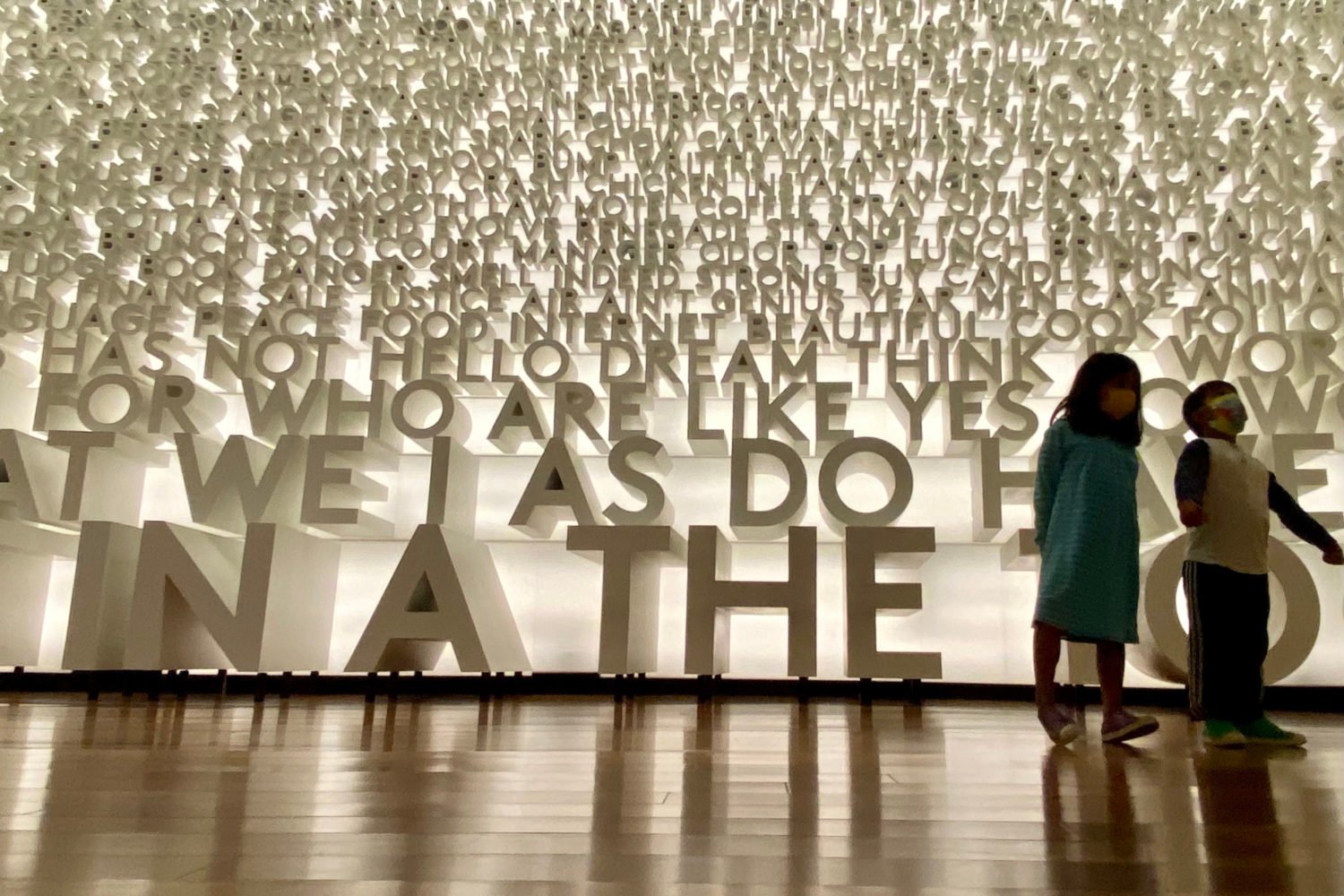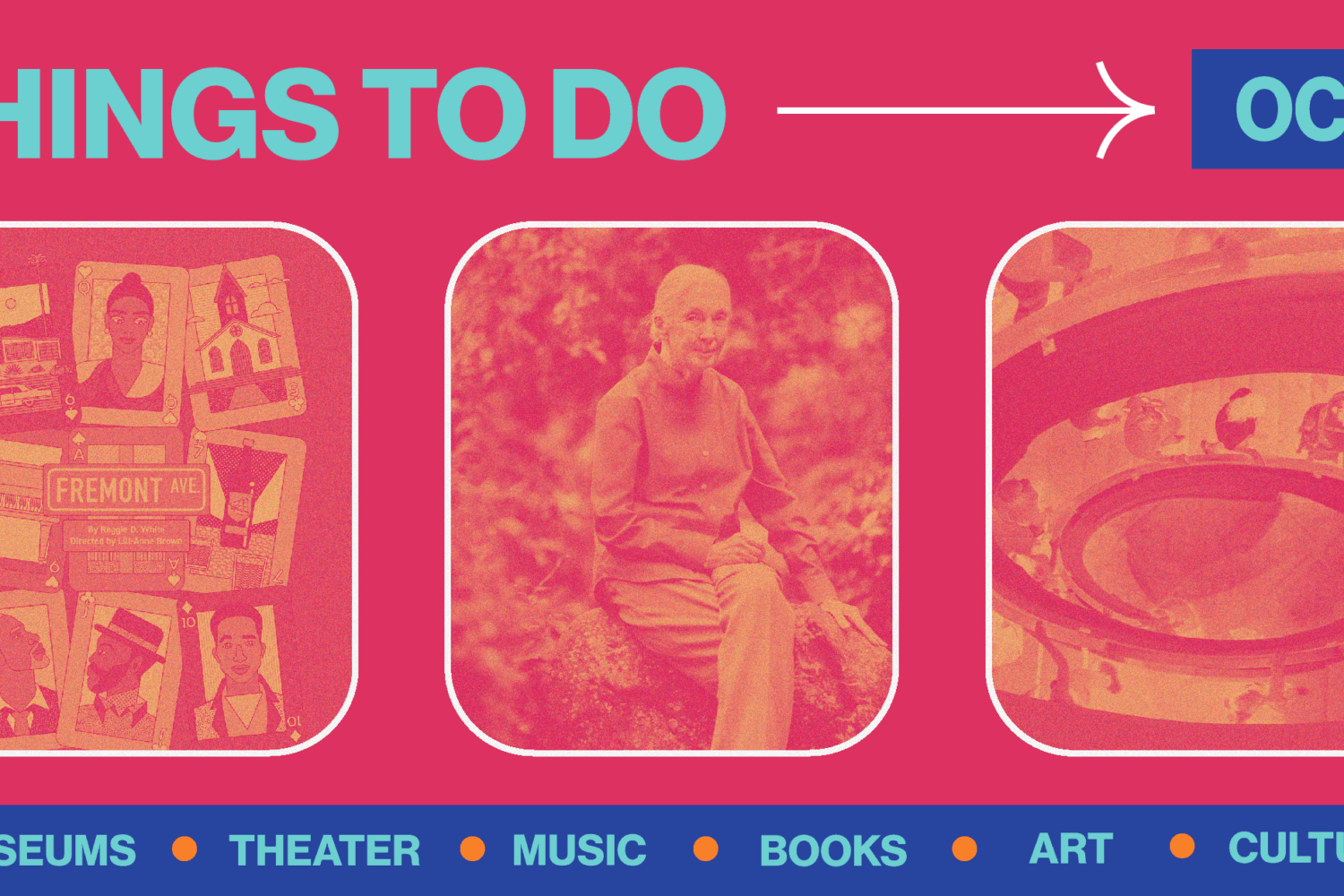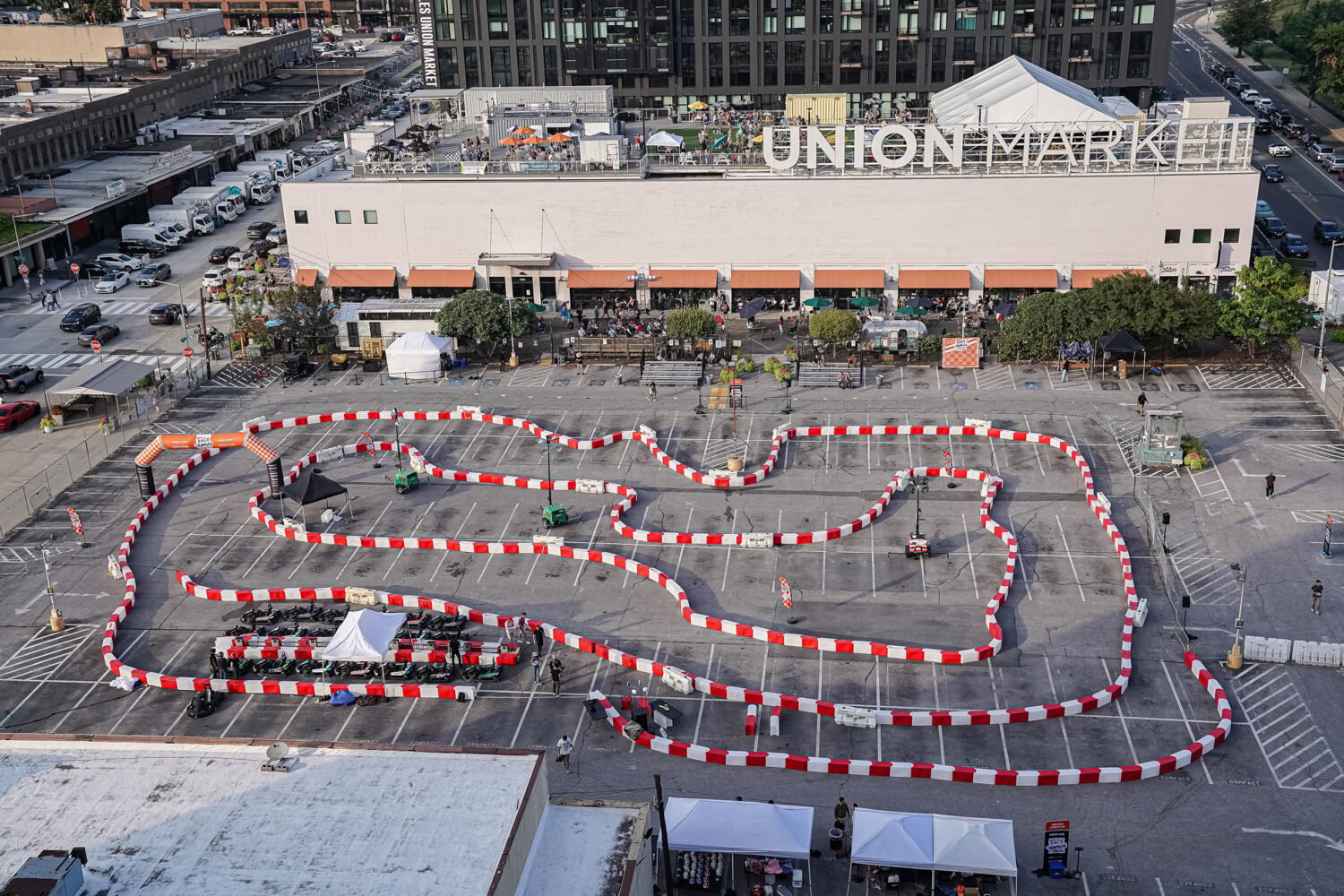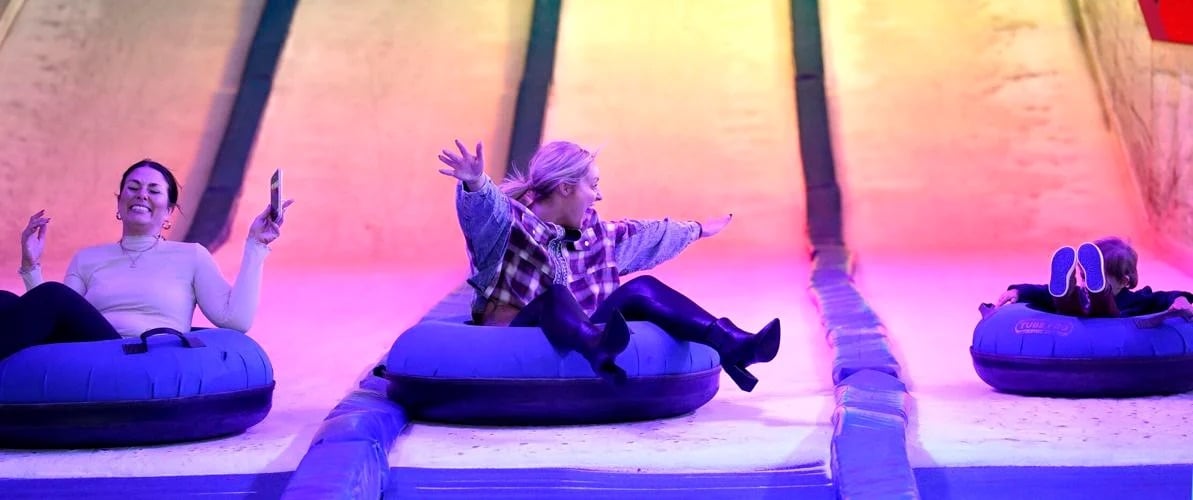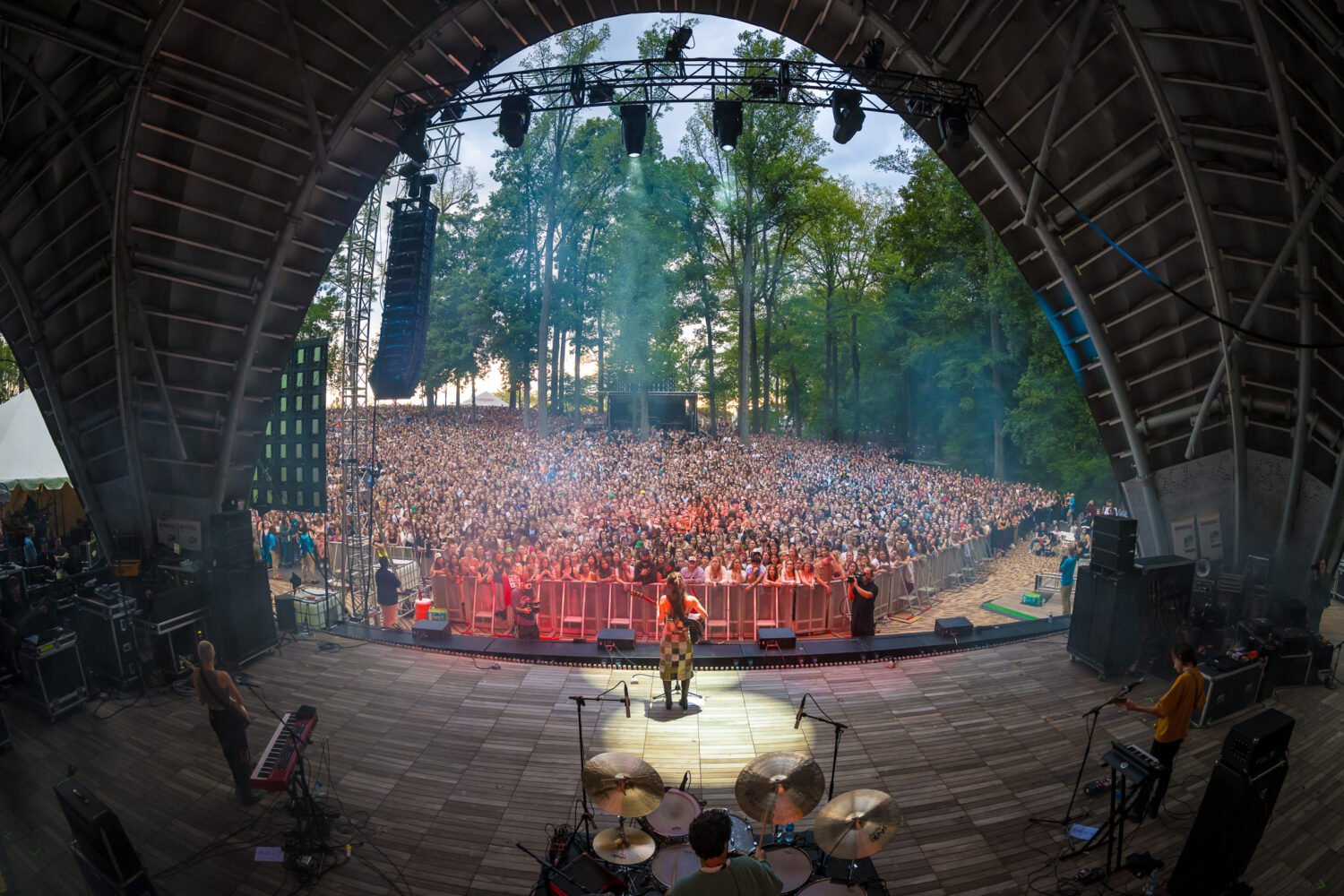
Constantine Maroulis makes a far better Hyde than he does a Jekyll.
Perhaps that isn’t surprising—the id-driven Hyde, of course, is the more consuming
of the obsessive doctor’s two sides in
Jekyll and Hyde. He’s the rock star, and so is Maroulis, who made a name for himself on
American Idol and transitioned into roles in other Broadway musicals such as
Rock of Ages.
It’s been about a decade since Frank Wildhorn’s musical, a liberal retelling of the
classic horror story, appeared on Broadway, and director/choreographer
Jeff Calhoun’s new touring production is sexier and more bombastic, and seems to take itself less
seriously—yet, it’s not necessarily an improvement over the original, which had its
own flaws. The musical’s lusty undertones are now overtones. “Dangerous Game,” a duet
between Hyde and Lucy, the prostitute who has captured the heart (or at least the
attention) of both sides of the scientist’s personality, has become a sadomasochistic
seduction number, hot and disturbing. Lucy (played by R&B singer
Deborah Cox) and Hyde have the smokiest chemistry of the show’s various pairings.
Tobin Ost’s scene and costume design have a steampunk flair—Jekyll’s mad scientist lair is
all bubbling, neon potions and eerie rubber tubes.
Calhoun’s reliance on multimedia effects is less successful. Large hanging tapestries
displaying digital images of Jekyll’s major foes—hypocritical upper-class members
of society who oppose his experiments on humans—don’t seem to serve much purpose,
particularly when the characters themselves are standing right below them. Special
effects also recast “Confrontation,” the climactic second-act duet between the title
character’s dueling natures. In the original staging, this number was problematic,
with the main actor tossing his hair back and forth as his two personalities fought,
but at least that staging felt like an internal battle. Here, the emotionally crippled
Jekyll, as played by Maroulis, instead faces off against a garish, animated image
of himself (complete with sinister graphics, such as scowling, floating red eyes),
and the staging doesn’t leave much room for emotional impact.
Maroulis is a virile, magnetic Hyde, his voice well suited to the character’s most
aggressive numbers (the triumphant “Alive!”). But he gets lost in the meek yet determined
role of Jekyll. His tentative vocals in songs like “Lost in the Darkness” aren’t suited
for the musical theater stage, and the show’s inescapable power ballad, “This is the
Moment,” feels like a missed opportunity. The throaty-voiced Cox does a stellar job
with Lucy’s several solos, from the wistful “Someone Like You” to the hopeful “A New
Life,” though one wishes Calhoun had directed her better—it doesn’t seem like she
knows what to do with her hands when she sings. The show’s musical triumph is “In
His Eyes,” a duet between Cox and
Teal Wicks, who plays Jekyll’s put-upon fiancée, Emma. The song is stirring and powerful, and
Wicks has the most stage-worthy voice of the major players (she overshadows Maroulis
in their duet, “Take Me As I Am”).
Jekyll and Hyde is bolstered by a competent ensemble, with standout turns from such players as
Richard White (if that voice sounds familiar, it’s Gaston from Disney’s
Beauty and the Beast) as Sir Danvers, Emma’s concerned father; and the
stalwart Laird Mackintosh as Jekyll’s loyal friend John Utterson. But they can’t bring a coherence to the production.
Jekyll and Hyde hints at a pure motivation for the scientist’s machinations: A grotesque father figure,
ostensibly suffering from some sort of mental illness, is introduced and then unceremoniously
dropped until a cameo in the final scene. But when the show doesn’t successfully bring
depth to Jekyll, the audience is left waiting around, hoping for Hyde to show up again
and liven up the proceedings.
Jekyll and Hyde runs through November 25 at the Kennedy Center. Running time is about
two hours and ten minutes. Tickets ($25 to $115) are available via the Kennedy Center’s
website.

